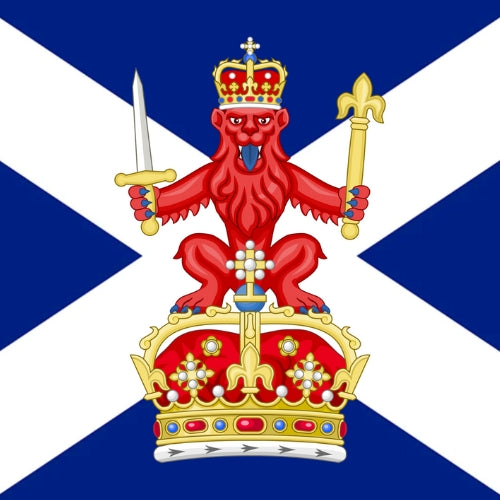Coinage, one of humanity's oldest inventions, has played a pivotal role in shaping economies, societies, and civilizations throughout history. From the earliest forms of currency used in ancient civilizations to the emergence of digital currencies in the modern era, the story of coinage is a testament to human ingenuity, innovation, and the quest for convenience. Join us as we embark on a journey through time to explore the captivating history of coinage, from barter to Bitcoin.
1. The Origins of Money:
The concept of money evolved out of the necessity to facilitate trade and commerce among early human societies. In ancient times, people relied on barter systems, exchanging goods and services directly without a standardized medium of exchange. However, the inefficiencies of barter led to the emergence of primitive forms of currency, such as shells, beads, and metal objects, which served as early precursors to coins.
2. The Birth of Coinage:
The first true coins appeared in ancient civilizations around the 7th century BCE, marking a revolutionary advancement in monetary systems. The invention of coinage, attributed to the Lydians in present-day Turkey, introduced standardized units of currency made from precious metals, such as gold and silver. These coins were stamped with official designs and denominations, facilitating trade and commerce across vast regions.
3. The Age of Empires:
Coinage flourished during the classical era of ancient Greece and Rome, becoming essential instruments of political power, propaganda, and cultural expression. Greek city-states minted an array of exquisite coins featuring mythological imagery and allegorical motifs, while Roman coins bore the likenesses of emperors, gods, and symbols of imperial authority. The widespread circulation of coins fueled the expansion of empires and facilitated long-distance trade networks.
4. Medieval Money:
The medieval period witnessed a fragmentation of currency systems across Europe, with feudal lords and monarchs minting their own coins. Silver pennies, deniers, and groats became the predominant forms of currency, reflecting the economic and political fragmentation of the era. Coinage played a central role in feudal economies, serving as symbols of sovereignty and instruments of taxation.
5. The Age of Exploration and Global Trade:
The Renaissance and Age of Exploration ushered in a new era of global trade and economic expansion, transforming coinage into symbols of national identity and imperial ambition. The discovery of precious metals in the New World fueled the minting of gold and silver coins by European powers, such as Spain and Portugal, who dominated global trade routes and amassed vast wealth through colonial exploitation.
6. Modern Money:
The industrial revolution and the rise of capitalism in the 19th century brought about significant changes in monetary systems, including the adoption of paper currency and the establishment of central banks. The standardization of coinage, backed by fiat currencies, replaced the use of precious metals in everyday transactions. The 20th century saw further innovations in payment systems, including the introduction of credit cards, electronic banking, and eventually, digital currencies.
7. The Digital Revolution:
In recent years, the advent of digital technology has revolutionized the concept of money, giving rise to cryptocurrencies such as Bitcoin. These decentralized digital currencies operate on blockchain technology, offering secure, transparent, and borderless transactions without the need for intermediaries. While still in its infancy, the rise of cryptocurrencies represents a new chapter in the history of money, with profound implications for the future of finance and commerce.
The history of coinage is a testament to the enduring human quest for innovation, efficiency, and convenience in the realm of commerce. From humble beginnings as primitive tokens of exchange to the emergence of digital currencies in the digital age, coins have played a central role in shaping economies, societies, and civilizations throughout history. As we continue to navigate the ever-evolving landscape of money, let us reflect on the fascinating journey of coinage and the profound impact it has had on the course of human history.
